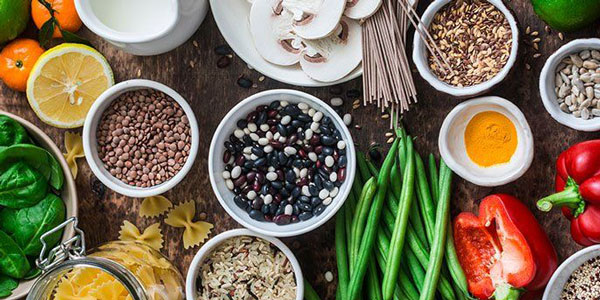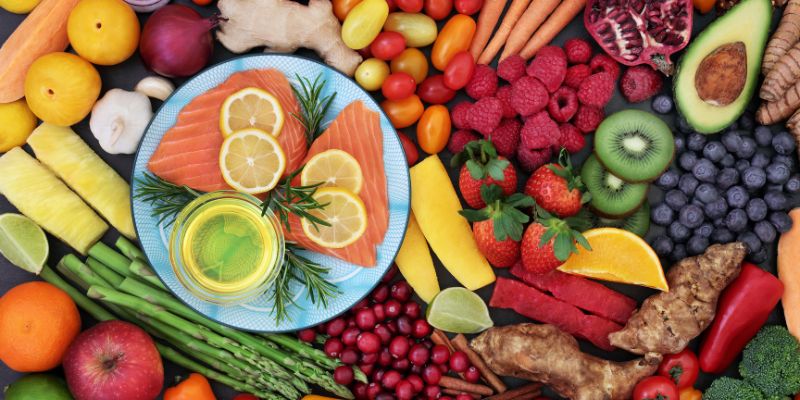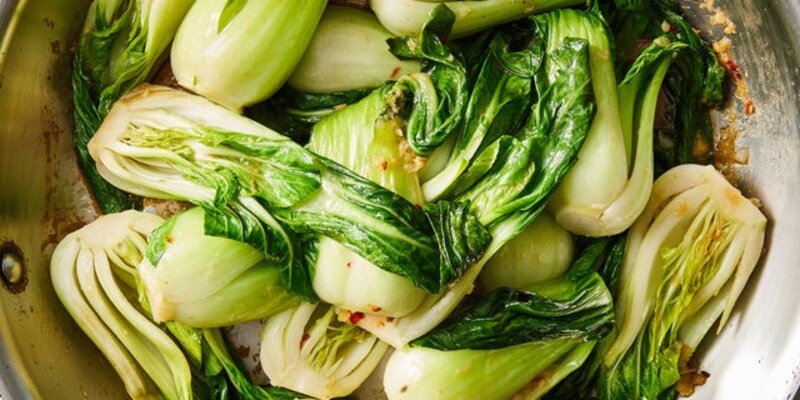Maintaining a healthy heart might not be your daily top focus, but it should be. In the US, heart disease kills more people than other conditions, but many still fail to care for their hearts properly. The foods you eat significantly reduce your risk for heart-related illness, even while lifestyle adjustments like reducing your salt intake and watching less TV have been shown to boost heart health.
Fortunately, there is no shortage of heart-healthy foods, and most are good for you in other ways. Nutrients such as omega-3 fatty acids, fiber, monounsaturated fats, potassium, and antioxidants support the body as a whole. Here, we compile the highest-rated heart-healthy food options so you can stock up immediately.
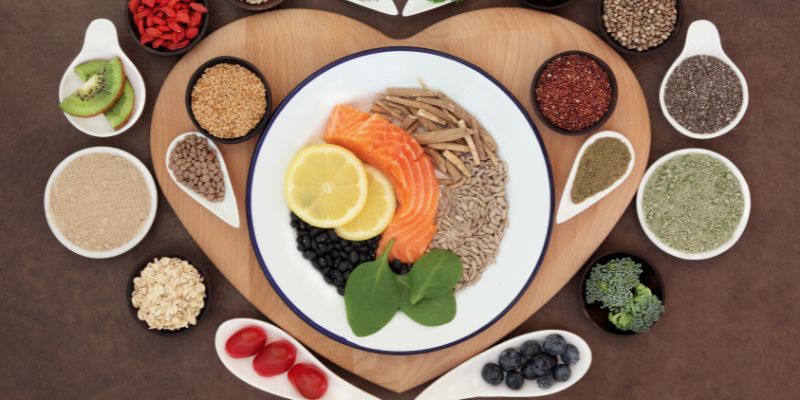
The Value of a Healthy Heart:
In light of the preceding, heart health deserves special attention because of its central role in ensuring total health and well-being. Since heart disease is the leading cause of death in the USA, this becomes increasingly important as you age. Your heart and blood arteries go through various changes as you age.
The National Institute on Aging says this involves increased arteriosclerosis. High blood pressure is a risk for arteriosclerosis because it can worsen the blockage of blood vessels and disrupt blood flow. Alterations in your heart's structure and electrical system as you age can also have an impact on its ability to pump blood effectively.
Don't worry; aging is only one risk factor for cardiovascular disease. Maintaining heart health is easy at any age by adhering to a few simple rules. It includes engaging in regular physical activity, not smoking, drinking alcohol in moderation, and eating a diet rich in heart-healthy foods.
Tips for heart-healthy eating:
What you consume can affect your heart health. To maintain a healthy heart, use the following strategies: Lower your saturated fat intake. Reduce your intake of high-fat meats and dairy. Restrict your intake of fatty foods like pizza, burgers, and gravy.
Lessen your sodium intake (salt). Find items with lower salt content by reading the Nutrition Facts label. You should read labels carefully and opt for canned soups, canned vegetables, packaged meals, and snack foods that have "low sodium" or "no salt added" written on them.
Increase your intake of fiber. Add fiber to your diet by eating more veggies, fruits, legumes, and whole grains.
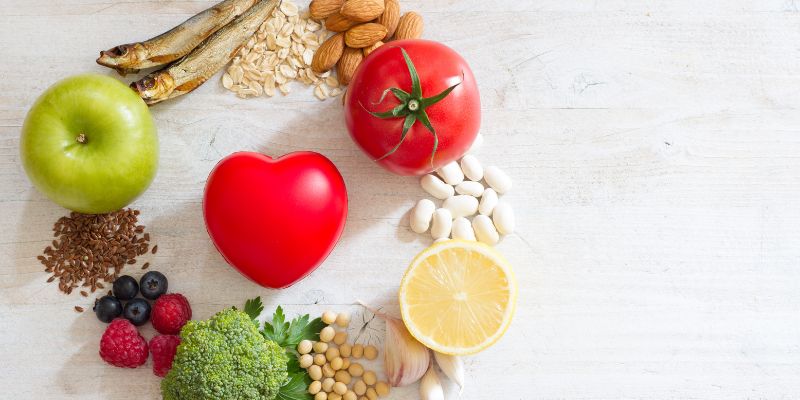
Top 7 Amazing Foods That Can Save Your Heart:
Veggies:
Eat your greens! They're full of good chemicals for your heart and blood vessels. In addition, they have a high fiber content, which helps reduce bad cholesterol and the risk of heart disease.
Greens are nutritious and delicious. Use Swiss chard or kale as a side dish or fresh spinach leaves in a salad. Try snacking on raw broccoli with a dip made from vegetables.
Nuts:
Nuts are a compact snack with a big flavor. Nuts are a great way to get the healthy fats and proteins your body requires and the calories you need daily. Those who regularly ingest nuts, including almonds, walnuts, pistachios, and others, have a reduced risk of heart disease-related death.
Black and green tea:
Flavan-3-ols is a plant chemical that can be found in both green and black tea. Recently, the Academy of Nutrition and Dietetics issued recommendations for the daily intake of flavan-3-ols to support various aspects of health, including heart health. Two cups of either green or black tea daily will supply the recommended 400-600 milligrams of flavan-3-ols.
Fat Fish
Fatty fish like salmon, sardines, and tuna are good for your heart since they're rich in healthy omega-3 and other fatty acids. While it is possible to receive Omega-3s via supplements (discuss the pros and cons of supplementation with your doctor), there is no replacement for eating a healthy, well-balanced diet rich in these components. Despite their undeserved poor rep in nutrition, the type of fats we eat truly matter. Try to eat wild fish instead of farmed fish wherever possible.
Avocado:
Olive oil is crucial to the Mediterranean diet and has been shown to reduce cardiovascular risk, most likely through increasing good HDL cholesterol and decreasing bad LDL cholesterol. You can use olive oil in the kitchen or mix it with balsamic vinegar and some oregano to make a delicious spread for whole-grain bread.
Whole grains:
Consuming whole grains can help keep your blood pressure in check and your heart healthy because of the fiber and other nutrients, they contain. It's easy to increase the number of whole grains in a diet that's good for the heart by swapping out refined grain items for their whole-grain counterparts. Or, if you're feeling bold, try something completely different, like whole-grain quinoa, barley, or farro.
Quinoa
Although a hefty steak or pork chop may come to mind when you think of satisfying your protein needs, this is not necessarily the case. Often found in meaty dishes are unhealthy amounts of fat and salt. Step in quinoa, which has more protein per half-cup portion than a slice of bacon, is strong in fiber, and contains various vitamins and minerals, including potassium.
Conclusion:
Yet, what exactly does it mean to eat foods that are good for your heart? What kinds of foods are good for your heart? Carbohydrates boost your brain, sodium helps your body absorb water, and even sugar-rich fruits can still contain antioxidants. The ideal foods for your heart are those high in antioxidants and healthy fats.
This article has provided information on 7 excellent heart-healthy foods that may be incorporated into your diet to improve your heart health and possibly lessen your risk of developing heart disease.


